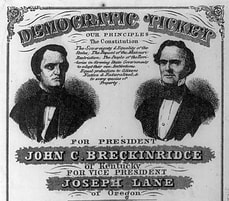 Campaign poster for John C. Breckinridge (1821-1875) and Joseph Lane Campaign poster for John C. Breckinridge (1821-1875) and Joseph Lane It was 155 years ago, and Frederick County would find itself “invaded” by Gen. Robert E. Lee and his Army of Northern Virginia. Fresh after a victory at Second Manassas (VA), the Rebels had crossed the Potomac River and made their way to Frederick City where a large contingent would camp for nearly a week. In doing so, Frederick, was the first major town on northern soil they would visit. Some residents did not see the ragged boys in gray as the enemy. More so, many viewed these men, and their gallant generals (including Thomas Jonathan “Stonewall” Jackson, James Longstreet and J.E.B. Stuart), as liberators of Maryland. Slaveholders or not, they saw their state being forced (against its free will) to stay with the Union. Southern-leaning legislators and newspaper publishers had been arrested and thrown in jail for speaking out. And this, thanks to a tyrannical president, certainly not put in office by Marylanders. No sir, John Breckinridge of Kentucky, former vice president under James Buchanan was the Old Line State’s POTUS choice in the famed election of 1860. He garnered all 8 electoral votes and 46% the popular vote. Abraham Lincoln only got 2, 294 votes statewide—2.5% of the popular vote. In Frederick County alone, 3,617 votes were placed in ballot boxes for Breckinridge. Lincoln only received 103. We will never know, but one of the 103 votes could have come from George Warner Crouse, a Frederick County resident who had moved with his family to Maryland in the late 1840s from “the Land of Lincoln”—Illinois. However, this family exemplified the complicated nuance of “border state living.” George Crouse was a native of Littlestown, Pennsylvania, and his wife, Ellen (Catherine Eleanor Smith), was a bona-fide Southerner originally from Leesburg, Virginia. Ironically, this “even-steven” family now lived, of all places, in Middletown, Maryland. This little hamlet lay in the heart, or better—the “middle” of the mountain valley which bears the same name. It is located roughly eight miles west of the county seat of Frederick. Middletown once prided itself as a trade center for surrounding farmers. Many of these possessed German roots dating to early settlers from the mid 18th century who had made their way from Pennsylvania. Mr. Crouse certainly assimilated nicely here thanks to his genealogical and geographical background. Most German derived residents threw their devotion and support behind President Lincoln. In September, 1862, these residents certainly saw the Confederates as unwelcome guests. But this was certainly not without exception as you will soon see. George and Ellen Crouse had eight children. They lived on the south side of W. Main Street, in a house located just west of the later constructed hospital and dwelling of Dr. A.A. Lamar. Mr. Crouse was listed as a saddler in the 1860 census, however other accounts have said that he was a baker and confectioner by 1862. This census shows five children living in the household. One noticeably absent was oldest son, George V. Crouse. Crouse had enlisted in the Union Army and was serving in Company G of the 7th MD Infantry. The middle child, living in the Crouse’s Middletown home, was Nancy, or Nannie, as she would become known later. 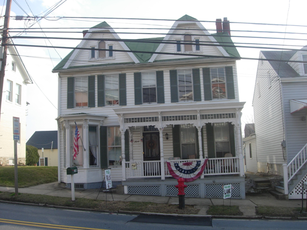 Current day view of the house rebuilt in place of the Crouse family's original structure demolished around the turn of the 20th century Current day view of the house rebuilt in place of the Crouse family's original structure demolished around the turn of the 20th century Nannie was born in Illinois on December 16th, 1844. She was 17 years old in September, 1862. Her courageous story defending the Union has always been a favorite of Middletown residents, earning her the title of the “Valley Maid.” Like Barbara Fritchie, the Frederick resident of German stock, Nannie too would have a poem written about her patriotic stand as it involved “the Stars and Stripes.” The major difference between heroines centered on the fact that Nannie was 68 years younger than Dame Fritchie on the alleged day of action—September 10th, 1862. In the December 11th, 1901 edition of the Frederick News, an article appeared which had recently been published in the Commercial Tribune newspaper of Cincinnati, Ohio. The writer claimed that Nannie’s story was the true basis of John Greenleaf Whittier’s poem entitled “Barbara Frietchie.” Here’s an excerpt of that article: Recently Mrs. Nancy Bennett was a guest of her brother, Mr. Charles M. Crouse, a prominent merchant of Cedarville, Ohio, and one day, in speaking of his sister he remarked that she was the real heroine of the poem. Said Mr. Crouse: I do not know how they got Barbara Fritchie’s name connected with the matter. She was a distant relative of our family and lived at Frederick, eight miles from Middletown, and at no time during the invasion of the Confederates was she able to leave her death bed at the time. It is known that Mrs. Southworth, the novelist, related to Whittier what she knew of the incident, but he garbled the facts to suit his fancy, or else he did not get the straight of it at all. At any rate, I can vouch for the truth of the matter, though I was only a boy of 10 years. My father was a red hot Union man, and of course, us children were demonstrative patriots; especially Nan, though a girl of few words. Her demonstrations were acts. We had a neighbor, a hotel keeper, who was as strong a sympathizer for the Southern cause as we were for the North, and he openly and daily taunted my sister whenever he saw her, particularly when she would fling to the breeze from the second story window of our house her big flag. One day on returning from the grist mill with a boyfriend, we met Jackson and his staff. He asked me several questions concerning Middletown and the roads thereabouts. He was a very pleasant, kindly spoken man, and his personality affected me pleasantly. On leaving us he asked if there were any Yankees about. “You’ll find plenty of them if you go far enough” I replied boldly, though with considerable trepidation for the consequence. He smiled and rode away. Charles M. Crouse then proceeded to tell of an even greater tale involving his older sister, and the flag she proudly flew at the Crouse family home in Middletown. He read an article written by a citizen of the town who observed an amazing drama scene play out while standing across the street from the Crouse home in September 1862, just a few short days before the nearby Battle of South Mountain. Unfortunately, the Rebels who would stop at the Crouse residence were far less chivalrous than General Jackson. The following account of the incident was published in the July 19th, 1906 edition of the Frederick News: Early in September a detachment of Confederate cavalry rode into Middletown and seeing the flag floating proudly in the breeze, halted in front of the house. A dozen of the cavalrymen quickly dismounted and were rushing up the steps of the porch to tear the flag down when Miss Crouse, who was a beautiful and superbly formed young lady, stepped out on the porch with her chum, Miss Effie Titlow, now Mrs. Effie Herron, of Washington, D. C. Miss Crouse demanded of the Confederates what they wanted. "That damned Yankee rag," said a big trooper, moving toward the door as if to enter the house and tear the flag down. Miss Crouse, anticipating the rebel's intention, with a taunt sprang past him, rushed up stairs, hauled down the flag and, draping it about her form, returned to the porch, looking the very impersonation of the Goddess of Liberty. Again the Confederate demanded "that damned Yankee rag." Again was his demand refused. Drawing a revolver, the brutal soldier placed the barrel at Miss Crouse's head and swore he would kill her if she did not surrender the flag. "You may shoot me, but never will I willingly give up my country's flag into the hands of traitors," boldly declared Miss Crouse. Again the demand was made with drawn revolver and, seeing that the odds were against her, Miss Crouse finally handed the flag to the captain, who tied it around his horse's head and rode away. A detachment of Union Cavalry was notified of the occurrence and they pursued and captured every man except the captain. The flag was secured and returned to Miss Crouse. 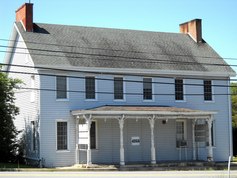 The former site of Motter's Tavern The former site of Motter's Tavern Later research has shown that the company consisted of about 20 Confederates (which made a dash out to Middletown) and had been assigned to camp in Frederick. These were native Virginians under the command of Captain Edward S. Motter, youngest son of the late John S. Motter. The Rebel captain formerly resided at Fountaindale Farm, two miles east of town. Motter’s father and grandfather kept a tavern here named Fountaindale Inn, fronting the Old National Pike (MD40Alt), at the intersection with current day Hollow Road. Although later histories recount Nannie’s rival hotel keeper as Samuel D. Riddlemoser, the census of 1860 shows the hotel was owned and operated by Riddlemoser’s son-in-law, Andrew Poffenberger. Two black servants are listed living with Poffenberger, as well.
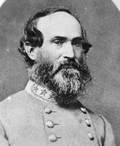 Confederate Gen. Jubal A. Early Confederate Gen. Jubal A. Early Well Nannie may have kept a low profile solely due to the fact that she was seven months pregnant. She would give birth to the couple’s first child, Carrie, on October 3rd, 1864. However, an apocryphal story exists about an employee of John Bennett’s who supposedly had a chance meeting with Gen. Early at the time. John Murdock, a free black, worked for Bennett’s wheel right business. As the story goes, Murdock was chosen by city authorities to carry the ransom to the grumpy Confederate general, who had placed a $200,000 bounty on Frederick, or he would destroy the town. When the delivery was made, Gen. Early supposedly told Murdock to spread the money on a blanket so that he might count it. He did so, but found that the payment was $2.35 short. At this, Murdock frantically turned out his pockets and found enough coins to make up the difference—thus saving Frederick from the Rebel torch. Whether true, or not, John Murdock would happily proclaim this accomplishment for years to come. Another interesting aside from this amazing time in our local history is that former US Vice President John Breckinridge, himself, led troops through Frederick and into the battle just south of town. I’m sure he was gracious to those 3,617 folks who voted for him back in 1860. 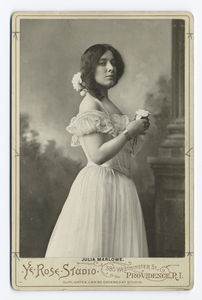 Julia Marlowe (1865-1950) Julia Marlowe (1865-1950) Nannie lived the humble life of a housewife, raising eight children in her home located, at 24 West South Street. The home still stands on the south side of the street within the first block. have never seen a photograph of Nannie Crouse Bennett, but I'm sure one survives based on the fact that she had so many children. Based on descriptions of her and my mind's eye, I like to think that she looked like early actress Julia Marlowe who played the role of Barbara Fritchie in Clyde Fitch's stage production of the same name. It opened in 1899, and Barbara would be portrayed as a young woman of Nannie's age, not to mention beauty. A poem, “The Ballad of Nancy Crouse” was written sometime around 1906, as it appears in the Valley Register and Frederick News that year. The author was poet/novelist Thomas Chalmers Harbaugh of Casstown, Ohio. Harbaugh was born in Middletown in 1849, but his family removed to Ohio just two years later in 1851. A nationally published author, Harbaugh could have been inspired to write the poem about his birthplace after seeing the Charles Crouse interview of 1901 in the Ohio newspapers. Sadly, he certainly didn’t receive the same public response as Whittier, with his “Barbara Frietchie” poem published in the Atlantic Monthly magazine in 1863. The Ballad of Nancy Crouse By Thomas Chalmers Harbaugh You’ve heard the story of Nancy Crouse, The Valley Maid who stood one day Beneath the porch of her humble house And boldly defied the men in gray; Over Catoctin’s lengthening ridge, Out from many a bosky glen, Down the pike and over the bridge, Booted and spurred, rode Stonewall’s men. Under the spires of Middletown Glinted many a rebel gun; The dear old flag, they said, must down, Nor flaunt its folds in Autumn’s sun; Mighty legions clad in gray Cursed the banner of the stars, And o’er the hills and far away Streamed the standards of the bars. Nancy Crouse looked out and saw The old flag floating on the breeze, Emblem fair of truth and law; Then as suddenly she sees Foam-flecked steed and rider stem Who the standard has espied; With an oath his hot lips burn, For the flag he turned aside. From the house the maiden springs, Grips the flag and round her form Wraps it while the cool air rings With the portent of the storm; With an oath the wretch in gray Tries away the flag to tear, Whilst the girl’s eyes seems to cry; Bold, defiant: “If you dare!” Closer to her form she claps The beauteous flag our fathers gave, And the rebel’s oaths and gasps Threaten her with early grave; “Not for you!” her words rang true, “Not for you this banner fair; You wear gray, its friends wear blue, It was blessed with many a pray’r.” With a final curse and threat Rides the rebel far away, And the flag once more is set Over the porch to taunt the gray; Smiling, Nancy sees the horde Vanish down the village street; Gleaming gun and swirling sword Once more in the distance meet. Honor to the Maryland maid Who the banner saved that day, When through autumn sun and shade Marched the legions of the Gray; Middletown remembers yet How the tide of war was stayed, And the years will not forget Nancy Crouse, the Valley Maid. Gone are Stonewall’s legions true Battle drums have ceased to beat, And the Banners of the Blue Wave not in the village street; But the years on Nancy brave Will of praise bestow the need; Time for her will honor crave, And the world will hail her deed! 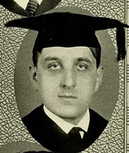 Alton Young Bennett (1897-1976) Alton Young Bennett (1897-1976) The “Valley Maid” would pass away on February 22nd, 1908 at the age of 63Nannie Crouse was laid to rest in Mount Olivet Cemetery’s Area B/Lot 2. To the left of her grave is that of Henry M. Nixdorf, author of Life of Whittier’s Heroine of Barbara Fritchie and former neighbor of both Ms. Fritchie and Mary Quantrill, another forgotten flag-waver who actually confronted soldiers and a Confederate officer on September 10th, 1862. Another interesting irony has become evident involving the formerly mentioned patriotic females. Both Barbara Fritchie and Nannie Crouse had former relatives who were shown to be downright unpatriotic. It cost two men their lives. Interestingly, even though it was after the fact, Nannie Crouse’s mother in law (Mary Bennett) was born Mary Suman. This same Mary Ann Suman Bennett was a great-granddaughter of Peter Balthasar Suman–one of the seven men found guilty of treason in the 1781 Tory Conspiracy. He was also executed on August 17th, 1781 along with fellow conspirator (and Barbara’s father-in- law) Caspar Fritchie. On the flipside, Nannie’s grandson, Alton Y. Bennett would spend most of his life in the Frederick County Courthouse. He practiced law for 52 years, serving as trail magistrate for 17 years. Mr. Bennett, a Democrat, also served in the Maryland Legislature (starting in 1923) and devoted himself to countless local civic affairs. Good thing Nannie handed over that flag, as her most important legacy isn't patriotism, it is family and descendants.
3 Comments
Nancy Droneburg
9/10/2017 10:42:57 am
Thank you for these wonderful stories
Reply
9/10/2017 11:39:46 am
Terrific article, Chris. I had always thought Dame Barbara's alleged heroism was an amalgam of Mary Quantrell, who lived up the street on Patrick where the soldiers actually passed, and Nancy Crouse in Middletown. BTW, as you probably know, the Bennett family produced two prominent local judges, Alton and his son Stanley. Stanley was on the bench for many years (District Court) and served admirably until this weird thing happened with an alleged forged court document. He was removed from his post and (I think) later disbarred. Very sad story.
Reply
Chris Haugh
9/11/2017 01:48:10 pm
Hi Al,
Reply
Leave a Reply. |
STORIES
|
Archives
July 2024
June 2024
May 2024
April 2024
March 2024
February 2024
January 2024
December 2023
November 2023
September 2023
August 2023
July 2023
June 2023
May 2023
April 2023
March 2023
February 2023
January 2023
December 2022
November 2022
October 2022
September 2022
August 2022
July 2022
June 2022
May 2022
April 2022
March 2022
February 2022
January 2022
December 2021
November 2021
October 2021
September 2021
August 2021
July 2021
June 2021
May 2021
April 2021
March 2021
February 2021
January 2021
December 2020
November 2020
October 2020
September 2020
August 2020
July 2020
June 2020
May 2020
April 2020
March 2020
February 2020
January 2020
December 2019
November 2019
October 2019
September 2019
August 2019
July 2019
June 2019
May 2019
April 2019
March 2019
February 2019
January 2019
December 2018
November 2018
October 2018
September 2018
August 2018
July 2018
June 2018
May 2018
April 2018
March 2018
February 2018
January 2018
December 2017
November 2017
October 2017
September 2017
August 2017
July 2017
June 2017
May 2017
April 2017
March 2017
February 2017
January 2017
December 2016
November 2016

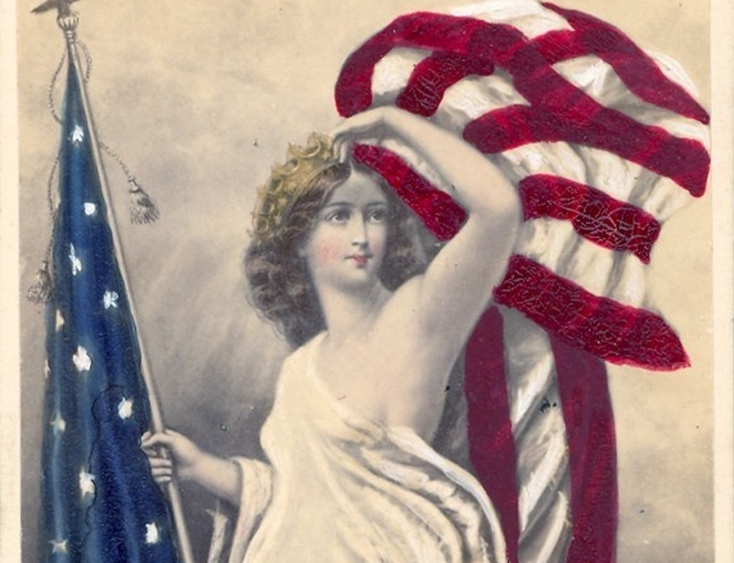

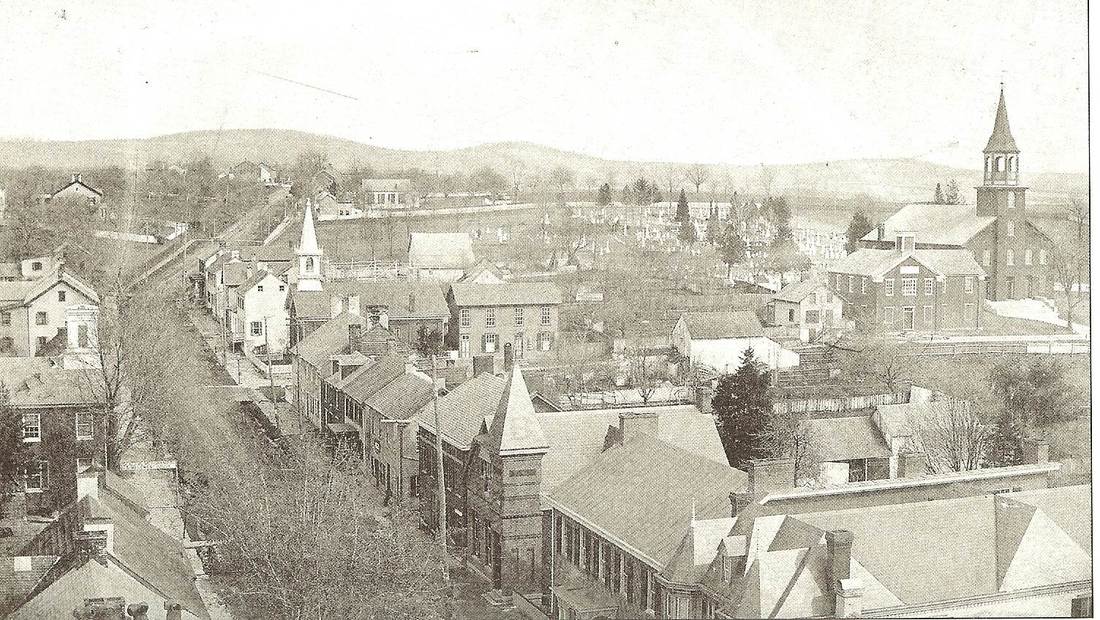
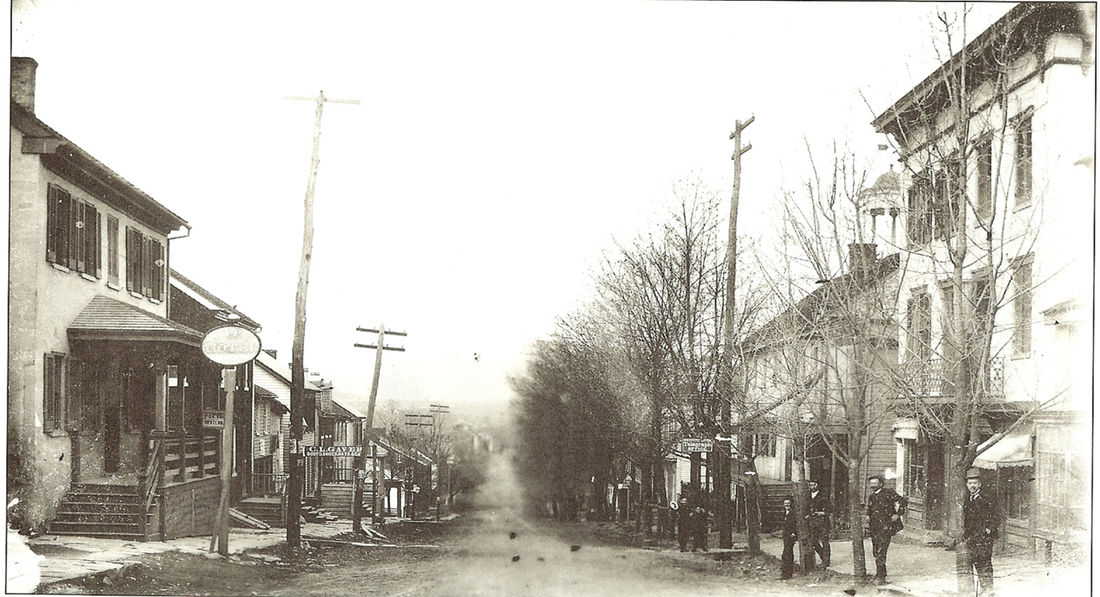
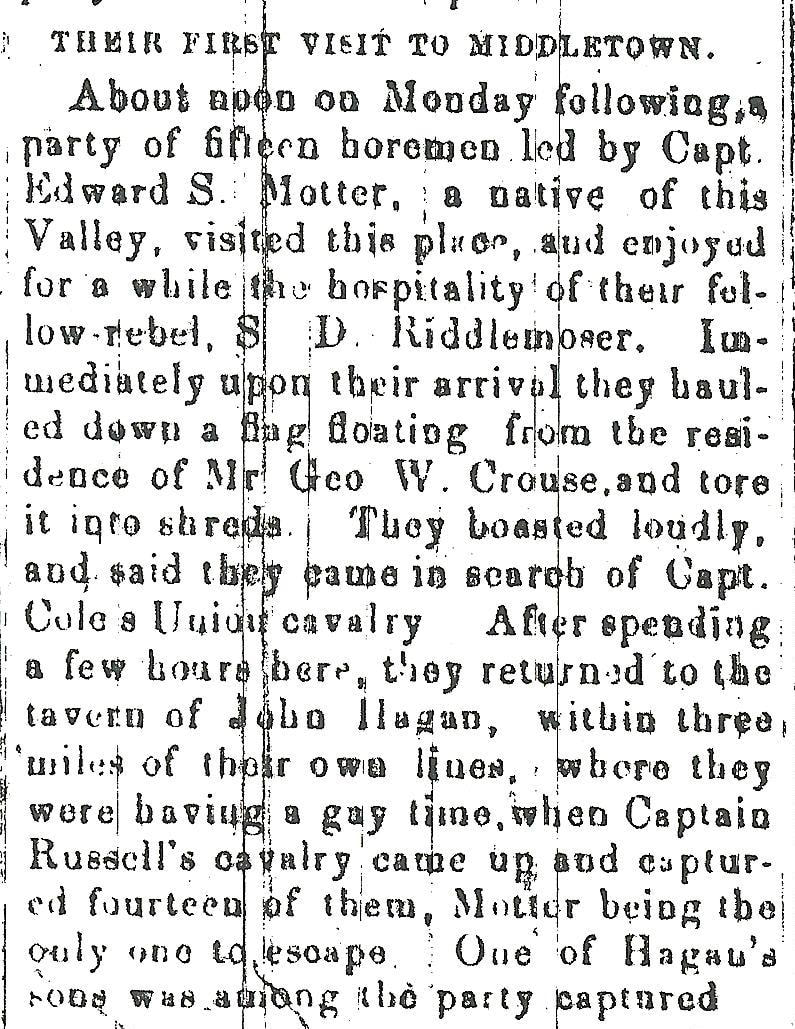
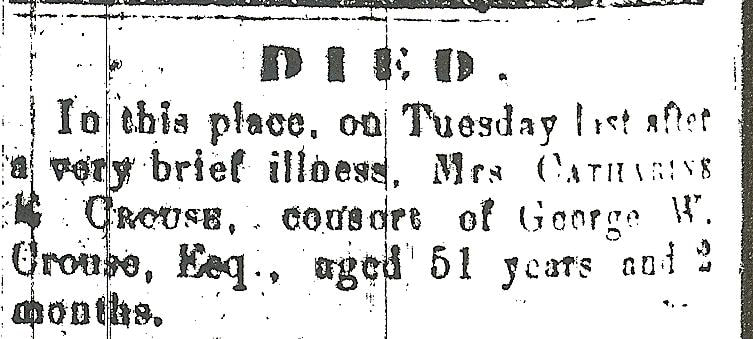
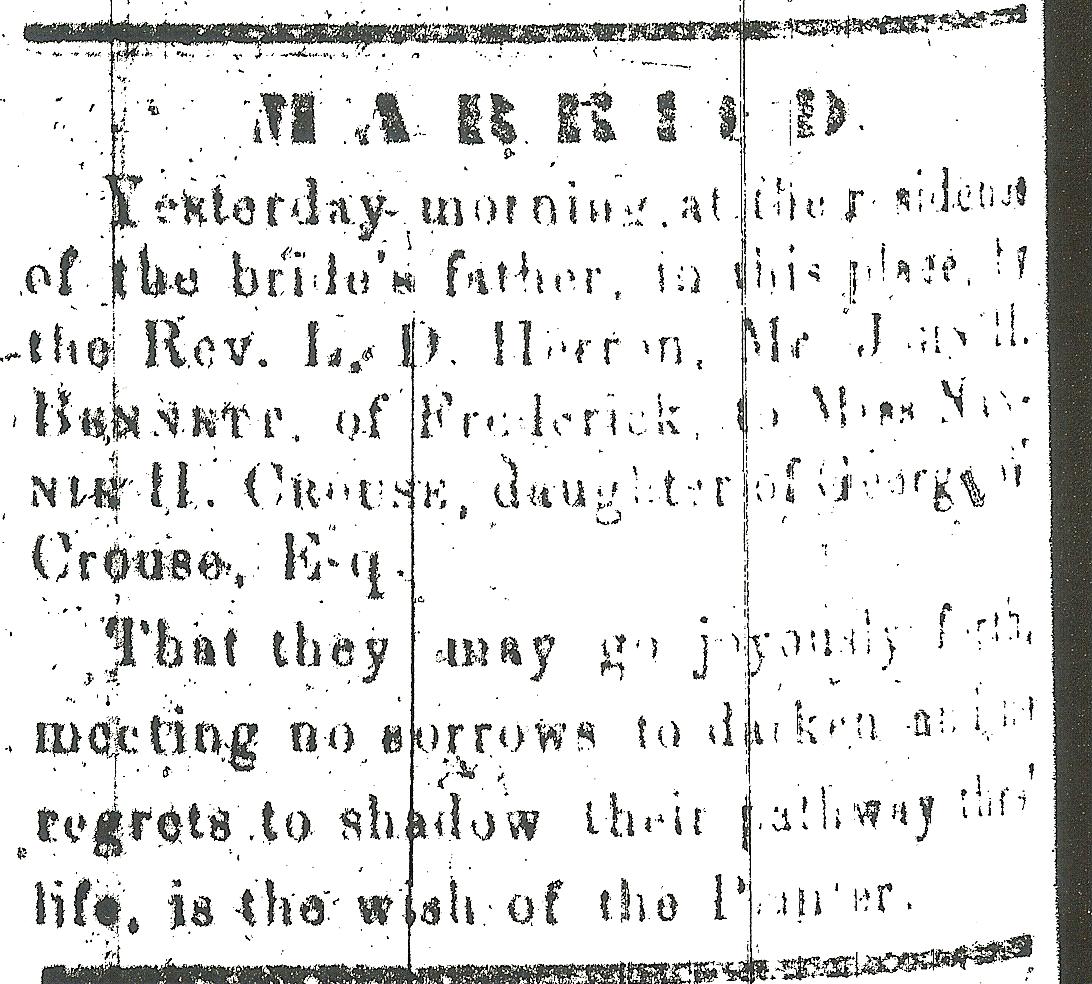
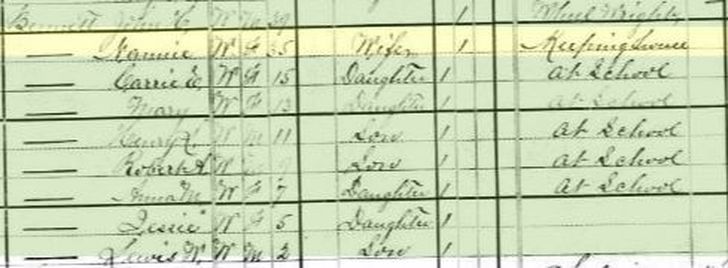
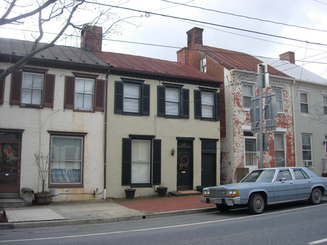
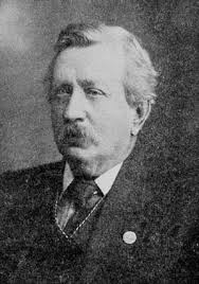
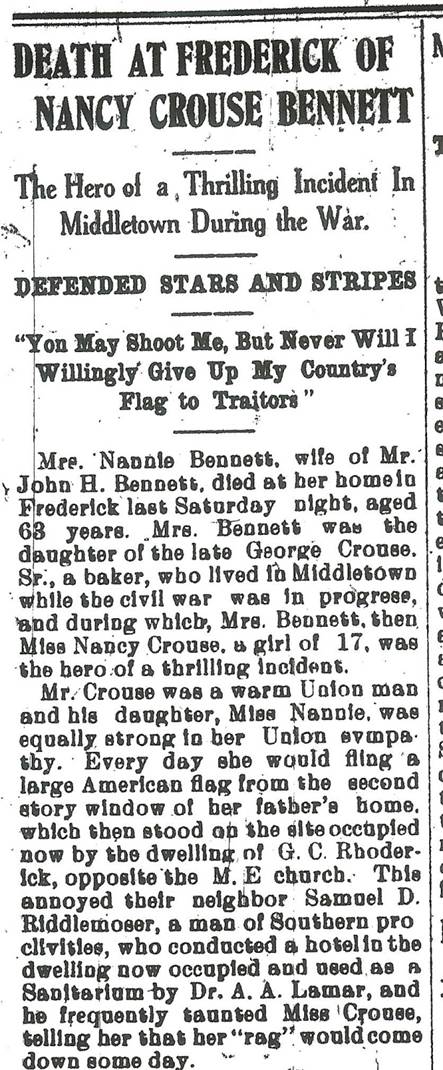
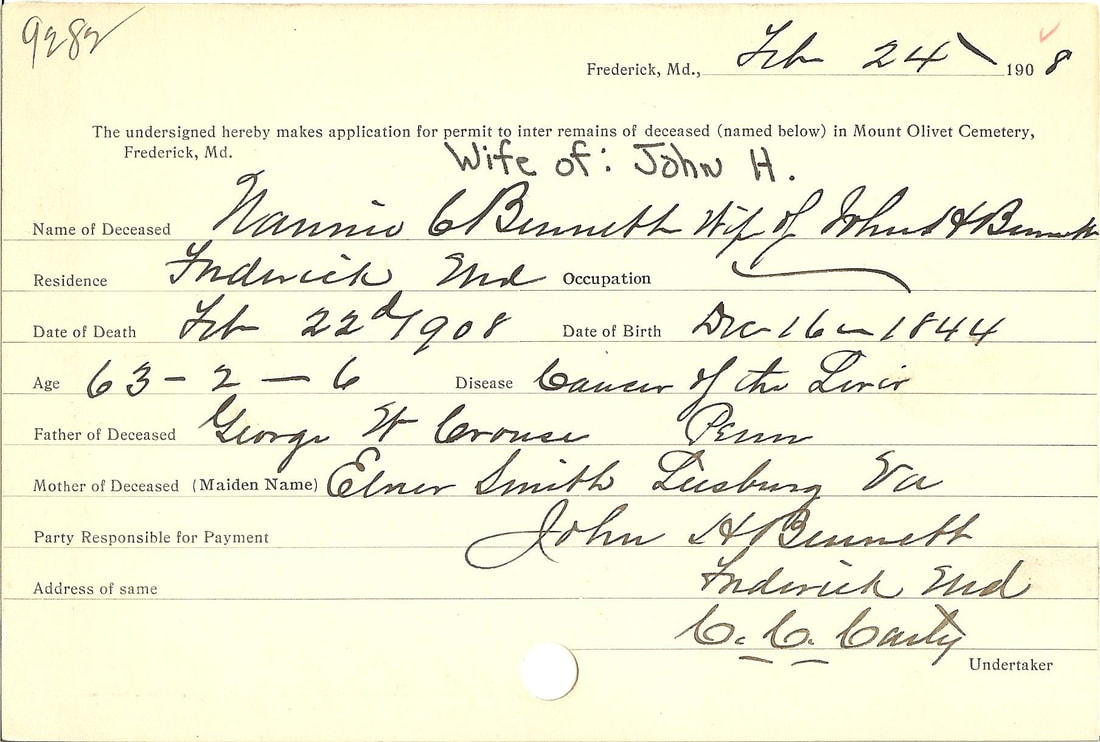
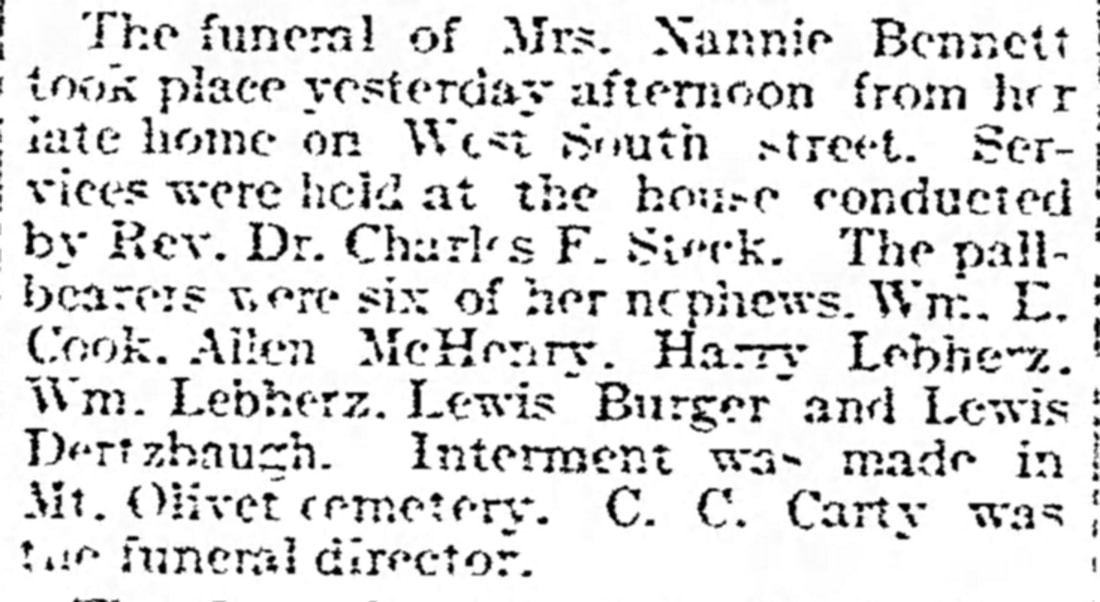
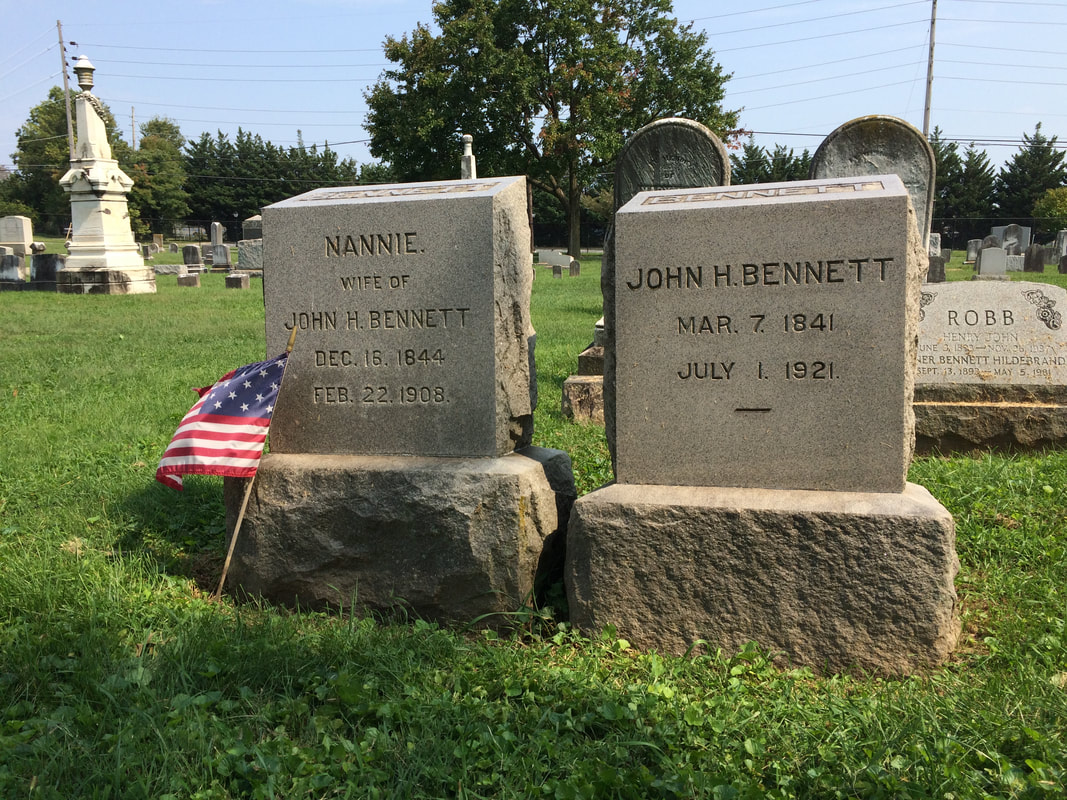
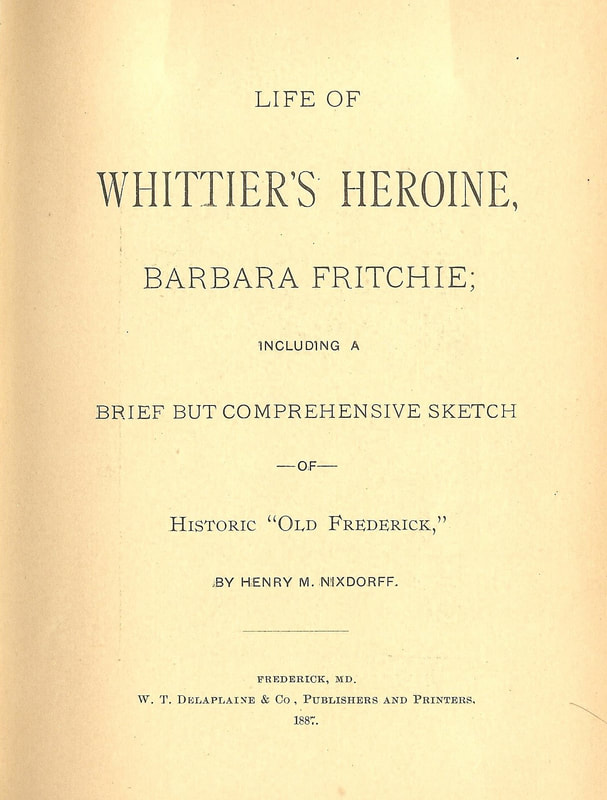
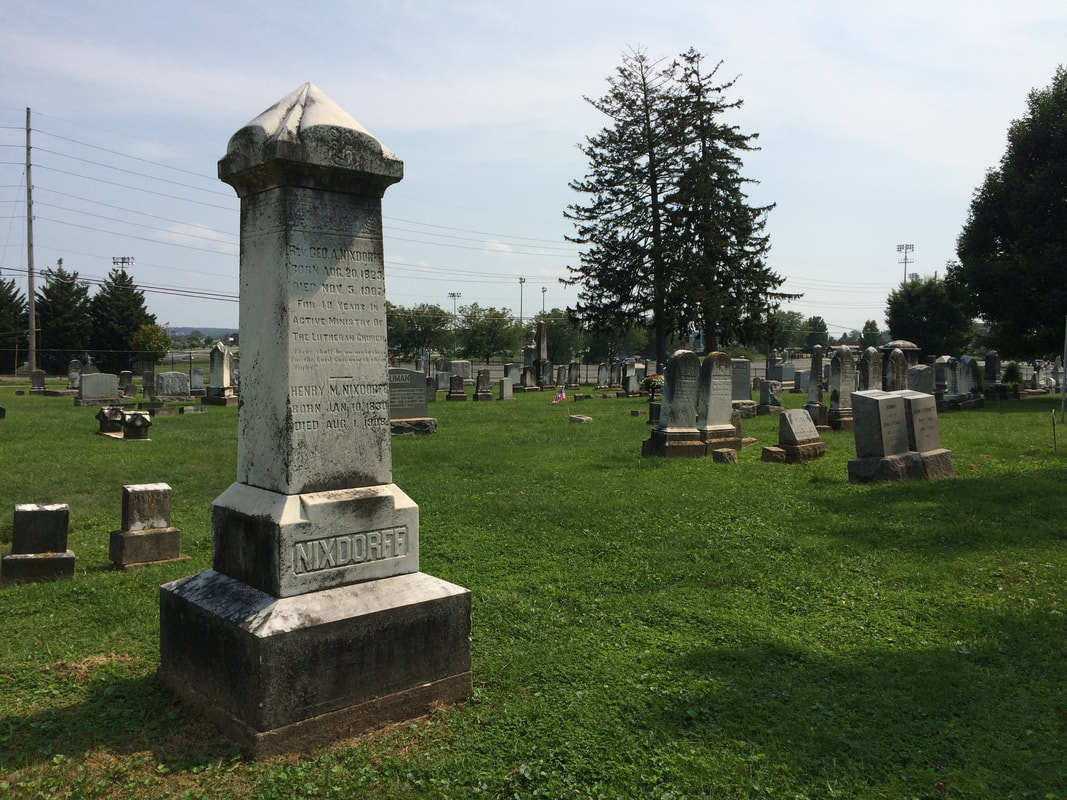

 RSS Feed
RSS Feed